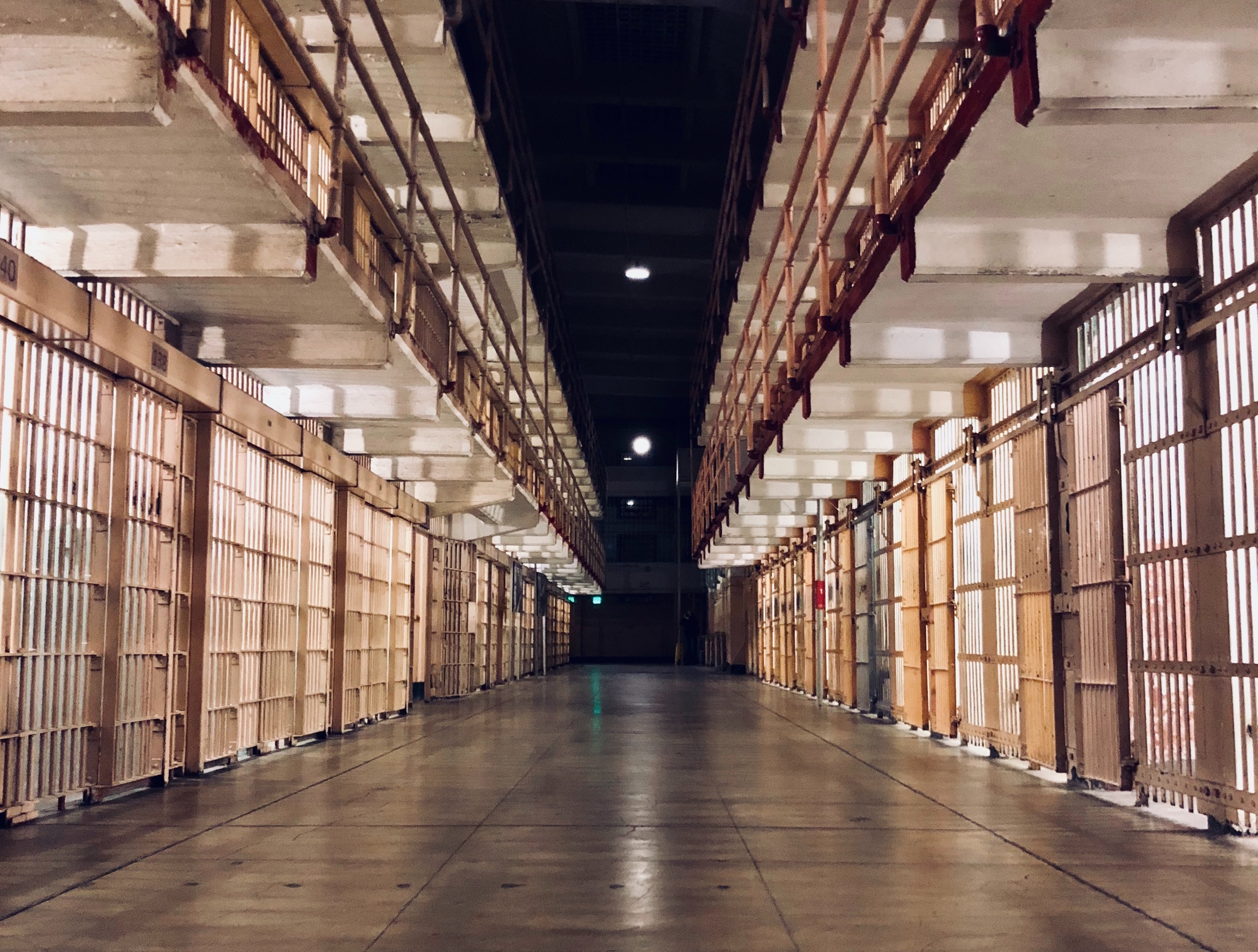On Friday at The Stream, I wrote about the policy of releasing prisoners from penitentiaries in order to slow the spread of the coronavirus. Perhaps hundreds of those who have been released have committed new crimes, compounding the tragedies the American people must suffer during this global pandemic. In New York state alone, 50 freed inmates found themselves back in jail within three weeks.
Last week at the Cato Institute, Clark Neily advocated broader release of prisoners and a fundamental rethinking of our penal system. Neily wrote:
[T]he system is having an extraordinarily difficult time deciding whom to release, and I think there are three key reasons for that: (1) we have become so cavalier in our use of the criminal sanction that the mere fact of a person’s incarceration tells us nothing about his moral culpability or what risk his immediate release might pose to society; (2) we’ve become so inured to how horrible the conditions in jails and prisons are that exposing inmates to a new and exceedingly virulent pathogen may strike some as simply a marginal change in the already dismal circumstances of their confinement; and (3) thinking seriously about whom to set free and whom to keep behind bars in the midst of a pandemic raises questions that the carceral-industrial complex can scarcely afford to have people asking after the crisis subsides.
I respectfully disagree with the notion that a conviction tells us nothing about the moral culpability of the average convict, and I come to different conclusions about the reasons we incarcerate people:
When someone offends against the community, that person loses some of his (almost invariably his) rights. For instance, freedom of movement and association. Society protects the innocent by quarantining its violent anti-social elements. Doing so does not deny their humanity. It affirms their victims’ humanity. It protects the dignity of their next potential victim. It pursues justice by punishing illicit behavior. And it requires no apology.
However, I believe there are reasons “the system is having an extraordinarily difficult time deciding whom to release.” The proper lessons taught by coronavirus prisoner recidivism are:
1. The government fares poorly when choosing winners and losers. Penal authorities cannot accurately forecast whether an individual who has been in their exclusive care for decades will reoffend. Yet politicians argue that they can determine the precise number, style, and variety of goods and services for the optimum functioning of the entire economy. If central planners cannot predict the behavior of one human being for whom they may possess a complete, state-sanctioned psychological profile, how can they anticipate the actions of 300 million strangers?
2. Allowing the government to determine “whom to set free and whom to keep behind bars” based on any criterion other than behavior will lead to cronyism. Florida officials say this is exactly what happened with former Rep. Corrine Brown, D-Fla. A jury convicted Brown of 18 felonies after she embezzled funds from a sham charity that she said helped underprivileged young people. An official at her prison told the media Brown “put a lot of political pressure on” officials to gain her release last month, coincidentally days before new federal guidelines would have forced her to remain incarcerated. Politicians often award pardons, government contracts, and other baubles of office based on graft. Increasing the favors at their disposal only multiplies the potential for corruption.
3. People respond to incentives and disincentives. While social scientists argue over whether harsh sentences reduce crime, there can be little doubt that releasing recalcitrant criminals does nothing to discourage it. Releasing offenders, or waiving bail for “low-level” offenses, creates a perverse incentive by letting the benefits of criminal activity outweigh its punishment. Similarly, offering citizens unemployment benefits that pay more than gainful employment provides an incentive for a cohort of citizens to remain jobless. Policies have consequences.
Every tragedy can teach society lessons about criminal, defense, and fiscal policy. It’s incumbent upon us not to draw the wrong conclusions.
(Photo credit: Michael Scott. This photo has been cropped. CC BY 2.0.)

